Blue Orange What Color Red Greem What Color
Are you trying to mix green and blue for an art project? Maybe you are painting or making artwork that requires you to combine these two colors.
If you are asking yourself 'what color does green and blue make', this article can help you get answers.
Today, we are going to learn more about the concept of color mixing and find out the step-by-step process to do so.
Keep reading…
As you may know, green is a product of two other colors, yellow and blue. Now, what happens when you combine green and blue?
Let's get started…
Primary Colors
For us to fully understand what new color can be formed when green and blue are combined, we have to get to the basics first.
In color mixing, understanding primary colors is the first thing to know. There are three primary colors in the color wheel, these are red, blue, and yellow.
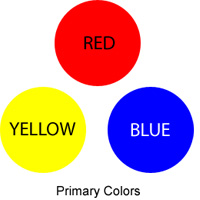
In your primary school, your teacher might've told you that you cannot mix any other colors to create primary colors.
This idea isn't entirely correct because primary colors can be formed by mixing secondary and tertiary colors using a different color theory with the RGB Model.
For example, red is formed when you mix magenta and yellow. If you want to make blue, you just need to combine magenta and cyan.
Finally, making yellow, you need to mix red and green.
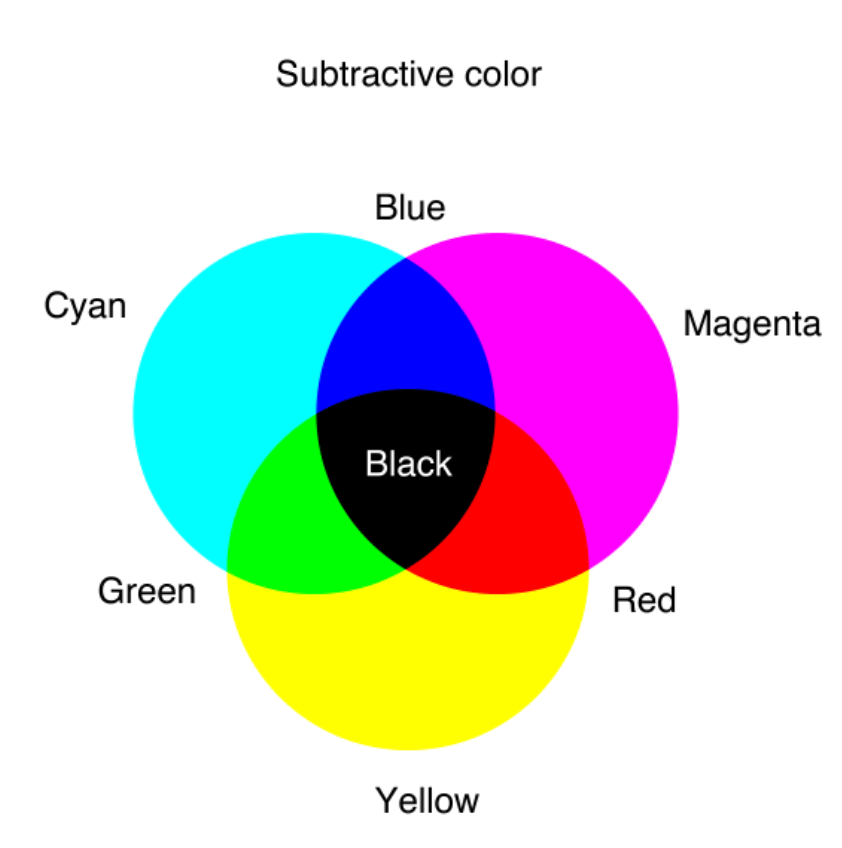
Secondary Colors
Now that you understand how to make primary colors, let's move forward to making secondary colors: orange, green, and violet.
These three are products of mixing primary colors with one another. In the color wheel, these colors sit between the primary color they are from.
Means, orange is between yellow and red, then green between yellow and blue, and violet between red and blue.
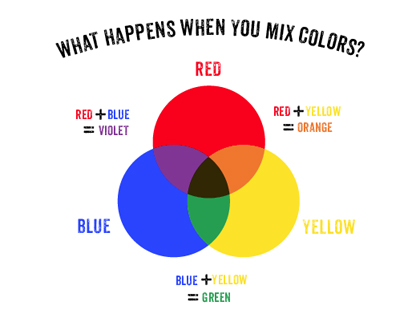
Secondary colors are as important as the primary colors because these can be used to create the next set of colors, the tertiary colors.
Tertiary Colors
The resulting colors formed from mixing equal amounts of primary and secondary colors are called tertiary colors.
There are six major tertiary colors, namely: red-orange, yellow-orange, yellow-green, blue-green, blue-violet, and red-violet.
In the color wheel, tertiary or intermediate colors sit between primary and secondary colors.
The hues that sit next to each other, or flatter each other, are called analogous colors.
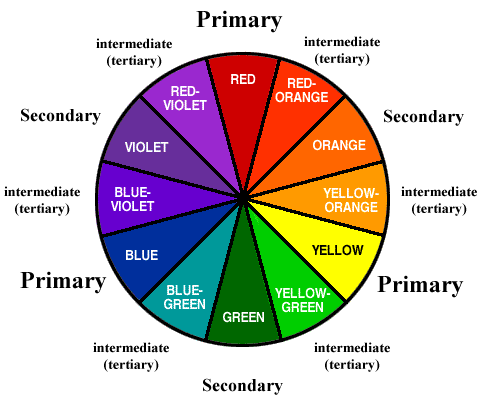
Painters make use of analogous colors to create light contrast and add an accent to each color.
What Color Does Green and Blue Make
Now that you have an idea about the different colors of the color wheel, you might still ask yourself, what do green and blue make?
Simply put…
The answer is cyan.
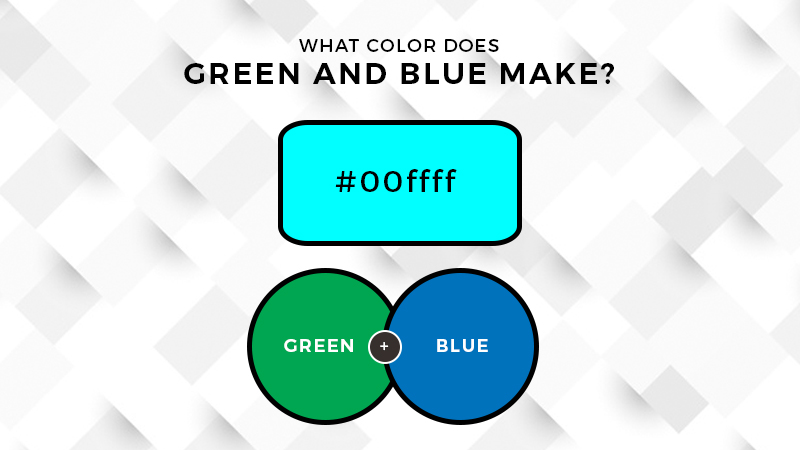
Cyan is part of the color model CMYK or cyan, magenta, yellow, and black or key. This model consists of the ink on the press in 4-color process printing or full-color printing.
Cyan or aqua appears to be a lighter shade of blue. The combination of cool colors blue and green adds to the lightness of cyan.
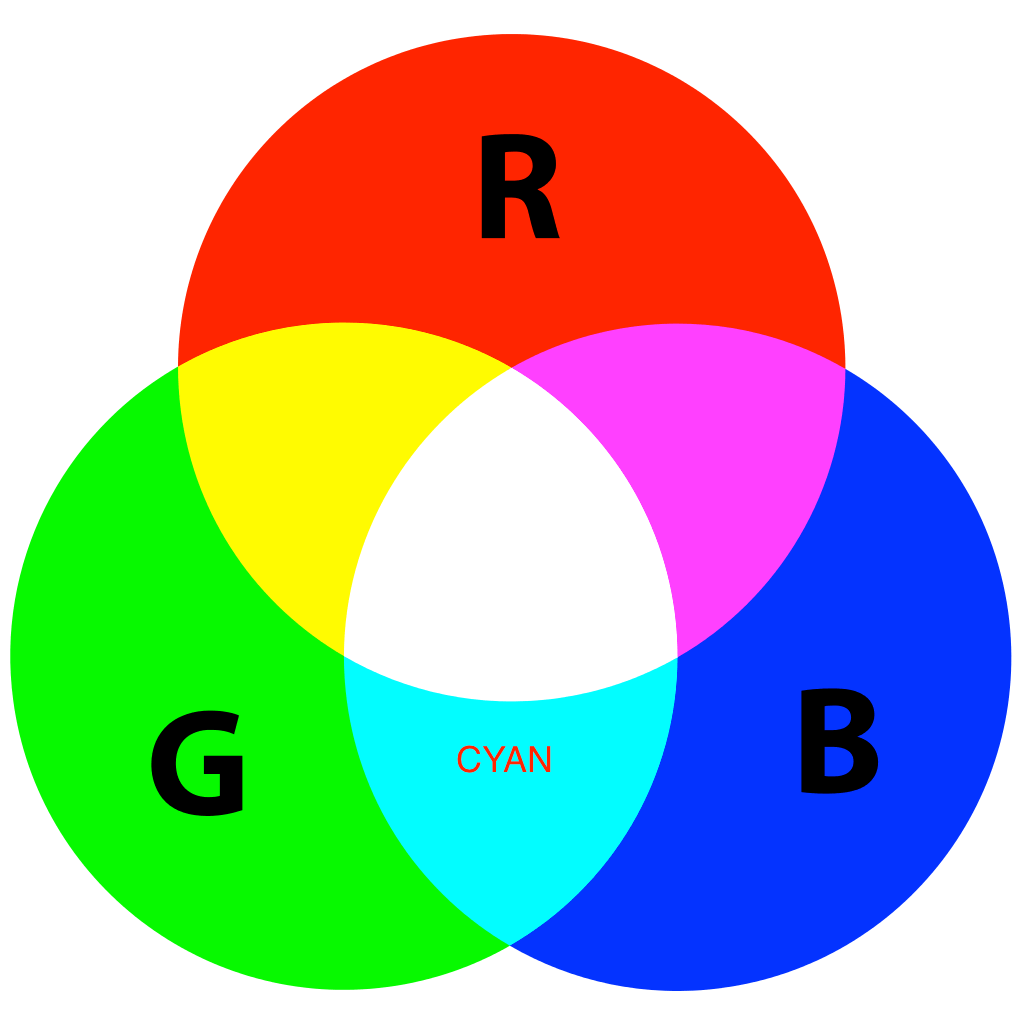
Cyan is also part of the RGB color model (pictured above), which stands for red, green, and blue. The difference between CYMK and RGB is their appearance on different materials.
CMYK is usually used for printing methods, particularly in printing colors to the white paper.
On the other hand, cyan formed under the RGB color model is used for digital displays such as in LCD monitors, digital cameras, and scanners.
When RGB colors combine all together, the result will be white. However, in CMYK, combining all colors will result in black.
This is also the reason why RGB is often called an additive type of color, while CMYK is subtractive.
Cyan In Design
Cyan is considered a cool color, meaning it comprises the properties of hues that are soothing and calming.
This color reminds people of the sky and the ocean. When it comes to design, the same concept of using relaxing colors also applies.
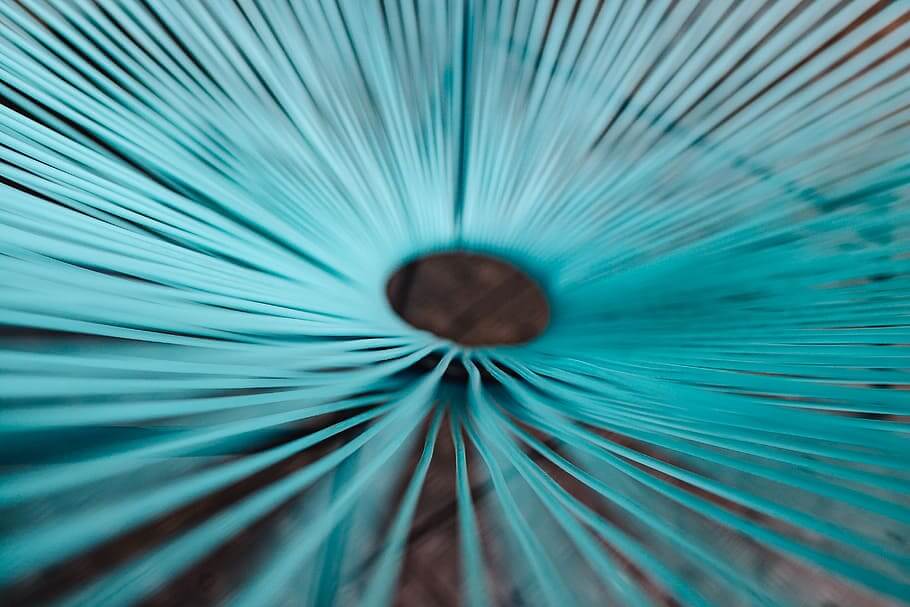
Adding cyan to interior design can complement a room in terms of adding a pop of color.
Usually, cyan color can be found in a piece of artwork, the color of the curtains, carpet, or the color of the sofa.
It is also common for cyan to be seen in a light fixture, chandelier, or furniture.
Because of the unique color, it emphasizes a piece, making the design look fun, engaging, and full of life.
Bottom Line
When looking at what color green and blue make when blended, it shows a lot of colors interact with one another.
Cyan is the byproduct of these two hues, but sometimes a new color is formed when mixing different quantities of green and blue.
This is helpful information to understand when you are engaging in the arts. Because cyan is a fun color to play with, you can use it for any other project, like a painting.
Thanks for joining us and learning what color green and blue make.
Cheers!
williamsexpal1971.blogspot.com
Source: https://marketingaccesspass.com/green-and-blue-mixed-what-color-does-green-and-blue-make/
0 Response to "Blue Orange What Color Red Greem What Color"
Postar um comentário